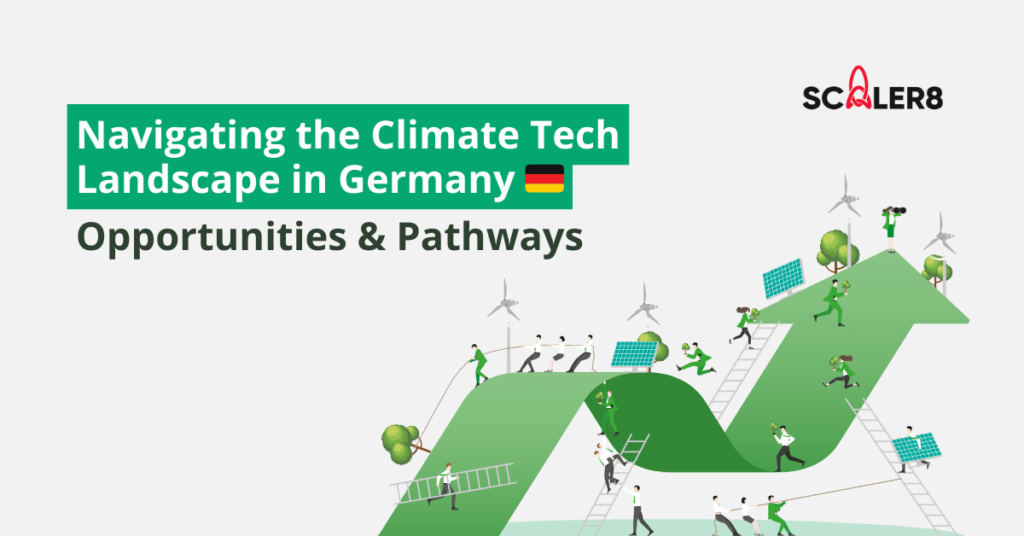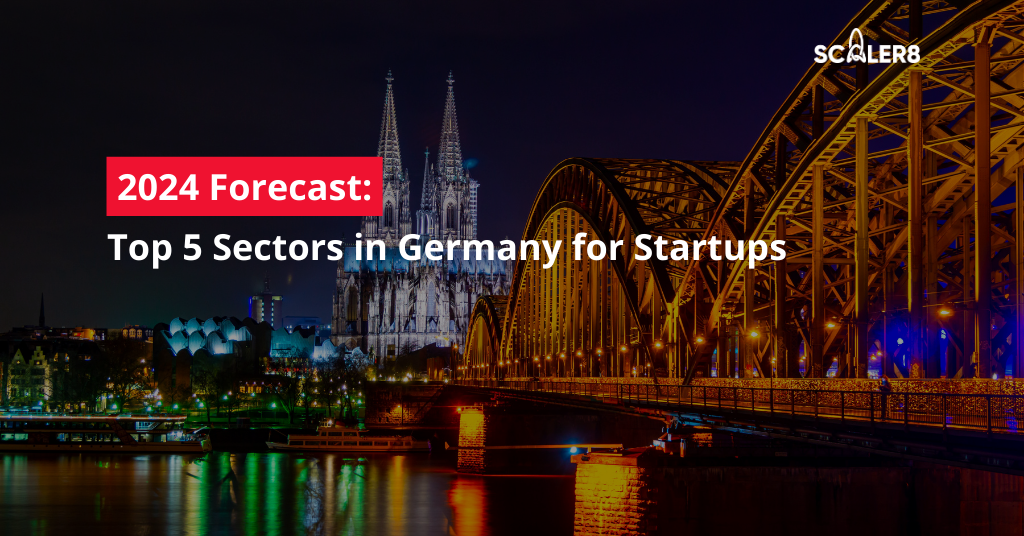The increasing spotlight on start-ups in recent years has resulted in many regions upping their game to support and grow many startup ecosystems. Europe, in particular, presents interesting startup investment trends to pay attention to.
With the rise and demise of prolific European business empires throughout the ages, and two global wars that have seen much action centred around the region, the culture-rich continent has come a long way in establishing a global presence.
Over the last decade, the startup scene in Europe has been bubbling with surging investor interest due to its stable economy, advanced regulatory guidelines, and regional and overseas expansion opportunities.
European countries such as Germany has also delivered a greater return on investment in comparison to the US.
From the years 2010 to 2020, the US holds a median B2B revenue per total equity funding of 0.5 times, while EU B2B companies came in higher at 1.2 times. For B2C businesses, the median revenue per total equity funding came in at 1.2 and 1.5 times for the US and the EU respectively.
Germany also has a good tech talent pool that has been nurtured over the years with several “Mittelstand” — hidden champion firms — and homegrown heavyweights emerging such as SAP and Siemens.
Against the backdrop of the EU’s rapidly maturing startup ecosystem, here are five startup investment trends to keep an eye on.
1. A rapid surge in start-up funding
2021 saw a new record for start-up capital in Europe with a new record at USD 100 billion — this is almost 2.5 times higher than 2020 at USD 41 billion. But investors are not stopping there. Forecasts for 2022 are set to surpass 2021’s record at almost three times higher than in 2020 at USD 121 billion, signalling a surge in interest in Europe’s tech industry.
2. Increased tech expertise
Over the last half a decade, the growth in Europe’s tech labour force has increased from 13.9% in Q4 of 2020 to 17.2% in Q4 of 2021. Fueled by remote working trends, advertisements for digital roles in Europe increased by 3.3% while North America only saw an increase of 0.2%. On the other hand, Asia-Pacific experienced a decline of 1.1% in digitalisation roles.
3. Greater equity to employees
To retain and recruit skilled workers, European startup employees are now receiving higher equity with 15% to 17% at series D. While this is lower than the equity owned by employees in Silicon Valley, the increase in stock option rewards indicates a greater desire by European startups to retain valuable talent.
4. Initiatives to beef up the startup scene
Startup Europe: A startup scale-up initiative
An initiative by the European Union, Startup Europe aims to connect high tech startups, investors, accelerators, scale-ups, business networks, universities and the media. This is supported by EU policies and various EU-funded projects such as X-Europe, Scale-up Champions, and Startup3.
5. EU policies empowering tech startups
The EU Startup Nation Standard
A new policy, The EU Startup Nation Standard, is set up to tackle common issues startups face such as retaining employees, attracting talent and venture creation.
Innovative Radar Platform
With the purpose of discovering the outputs of its innovation funding, the Innovative Radar Platform aims to identify high potential innovators and innovations in research and innovation projects.
Digital innovation and scaleup initiative (DISC)
This policy was set up to counter the investment gap faced by digital startups in central, eastern and southeast regions of Europe by maximising investment opportunities and beefing up on technical assistance programs.
Want to know more about European startup investment trends?
Consult an expert today if you’re thinking of starting a business in Germany.
Read up on the latest insights into Germany’s economy here or check out our German market exploration program here.




